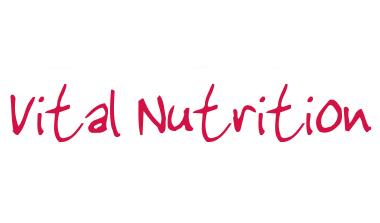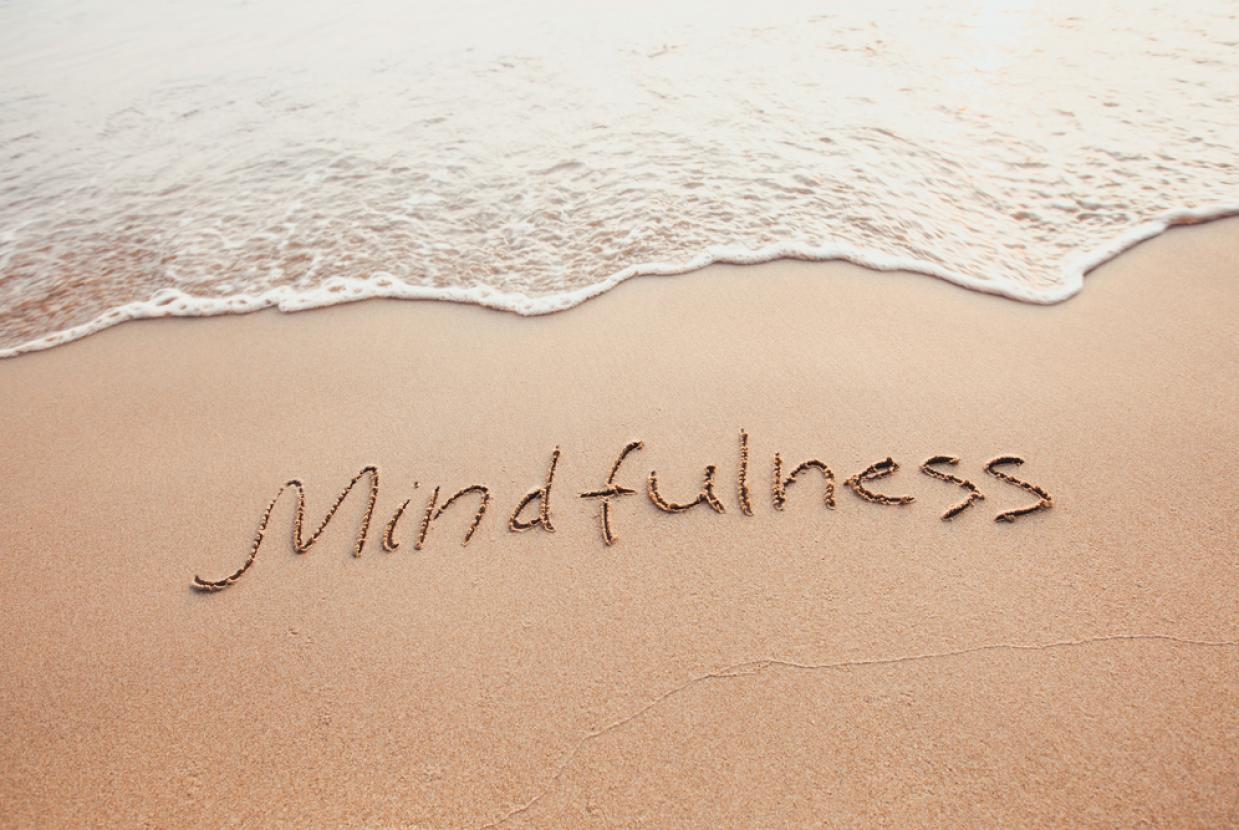Optimum Nutrition For Mental Health
It is now widely accepted that nutrition could be as important to mental health as it is to physical ailments like heart disease and digestive health. Our diet affects not just the functioning of our bodies, but that of our minds too.
Anxiety and depression can be debilitating. If making a few changes to the food we eat could make a difference to how we feel, it has got to be worth a go.
Sugar highs, and lows!
When we feel stressed or anxious, and in need of comfort food, often the first thing we look for is sugar, usually in the form of chocolate, biscuits or sweets.
Think about what happens in the body when we eat sugar. Almost as soon as we eat it, we get a quick ‘sugar high’, so we feel great – for a little while, but very soon afterwards we crash. These sugar highs and lows can leave us feeling low, flat, tired, cranky and in need of another sugar fix. We also know that too much sugar in our diet could upset the delicate balance of neurotransmitters. That initial feelgood factor we get from our favourite chocolate bar, or a big cream bun, is thanks to the effects sugar has on the production of dopamine and serotonin.
Sugar triggers our reward centre (dopamine) and makes us happy (serotonin). This all sounds great, doesn’t it? The problem is that the effect of sugar upsets the delicate and finely tuned balance of these ‘happy hormones’. If we are constantly activating the production of serotonin and dopamine, eventually we stop producing the right levels at the right time, and our mood takes a crash.
Keep an eye on your sugar intake, and find lower sugar alternatives, like dark chocolate instead of milk chocolate, natural yoghurt instead of flavoured versions, and plain biscuits instead of chocolate ones. Keeping a food diary and checking food labels can also help you discover hidden sugars in your diet.
The gut-brain connection
Having a ‘gut feeling’, getting butterflies in your tummy … we instinctively know that there is a link between our belly and our brain, but now science shows that what goes on in our digestive tract could play an essential role in our understanding of how to manage mental health.
We now know that neurotransmitters are produced in our gut as well as in our brain, that the gut microbiome and our balance of microflora is likely to affect our mood and that the permeability of our gut lining can impact on stress, mood and anxiety levels.
The more we understand about human health, the more we realise that every system in our body is interconnected and dependent on each other. In practice I find that support clients with digestive health often has a positive impact on their mental wellness too. It makes sense, doesn’t it?
Calming Mineral
Magnesium – sometimes known as ‘nature’s tranquiliser’, around 50% of the population is estimated to be deficient in this essential mineral. Signs of deficiency include anxiety, sleep disturbance, muscle cramps and irritability – oh, and a craving for chocolate. If women are deficient in magnesium, PMS symptoms are often more common. Food sources of magnesium include dark green leafy vegetables, wholegrains, nuts and seeds – so can you see why so many of us are low in this important mineral?!
There is so much more to tell you about the link between our diet and our brain – from B vitamins and essential fats, to zinc and green leafy vegetables, but suffice to say, the more we can do to optimise the nutrition of the food we eat, the better we will feel.














































































